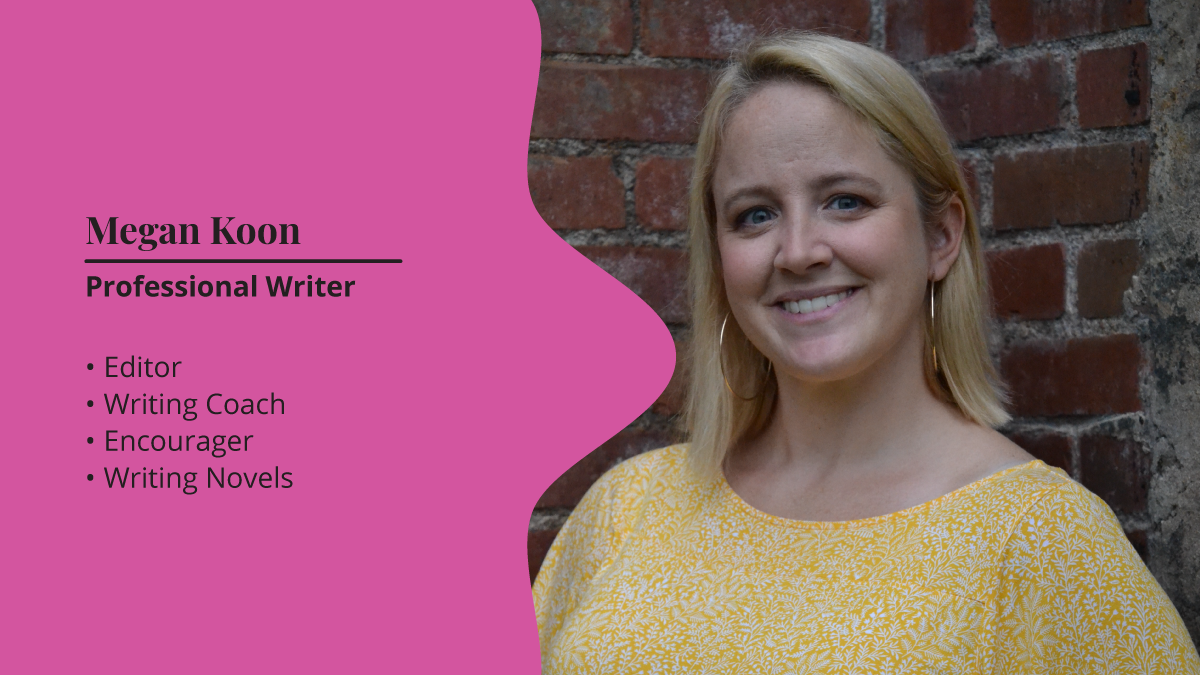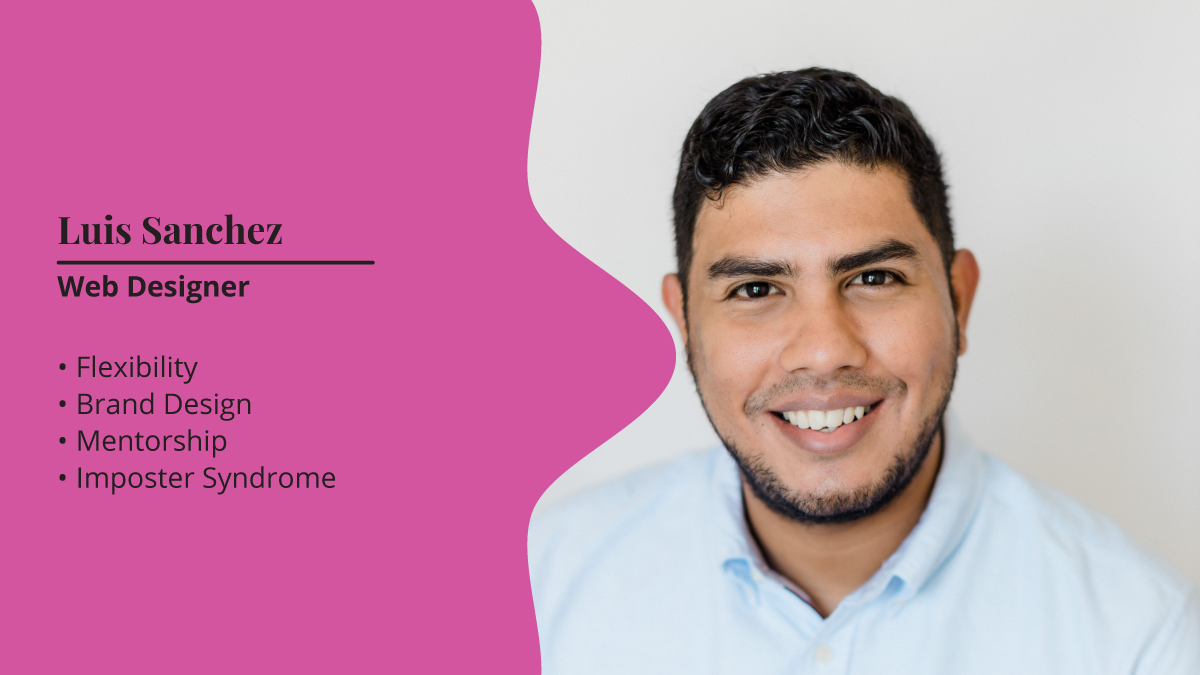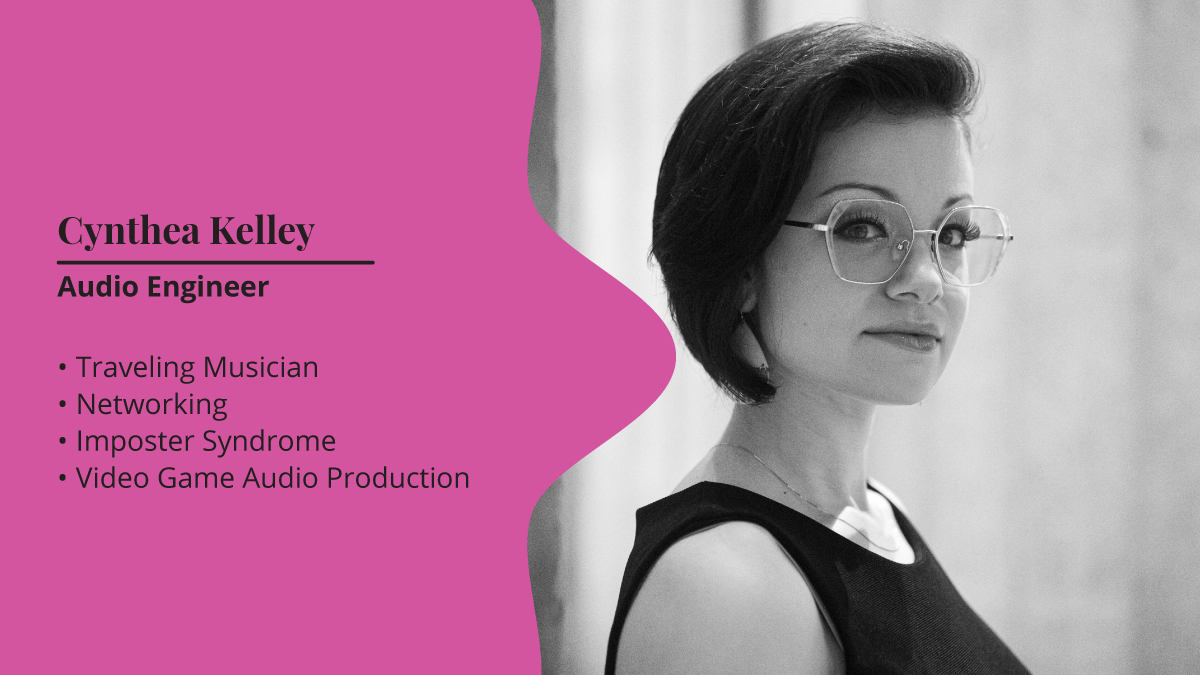“But I’ve learned that a closed mouth doesn’t get fed.”
Angela Yemi Gibson is the Founder and Artistic Director of Libation African Dance, a nonprofit based in Spartanburg, South Carolina.
Interview
Transcript
00:02
Emma Plutnicki: So to start, what do you do for work and where are you currently working from?
00:07
Angela Yemi Gibson: I work from home. I am a medical biller, and I work for a billing company called Medical Billing Center Incorporated,
00:16
Emma Plutnicki: Okay, amazing. How long have you been working there?
00:18
Angela Yemi Gibson: Six years.
00:20
Emma Plutnicki: Okay, amazing. And that’s based in South Carolina?
00:23
Angela Yemi Gibson: Yes, it is in South Carolina.
00:25
Emma Plutnicki: Okay, how does working in South Carolina specifically influence your work, if at all?
00:32
Angela Yemi Gibson: Well, I have a nonprofit that I do outside of this, but, you know, being a nonprofit, you have to at least have some type of stream. So I do both. I don’t know, I moved here from Colorado, so it’s a little different,
00:48
Emma Plutnicki: Okay, yeah. And what is your nonprofit?
00:52
Angela Yemi Gibson: My nonprofit is an African Dance Company.
00:54
Emma Plutnicki: Okay, amazing and how long have you been doing that for?
00:57
Angela Yemi Gibson: Over 20 years!
00:59
Emma Plutnicki: Wow, and you started that?
01:01
Angela Yemi Gibson: Yes, I started dancing with other companies in Ohio, and then I moved to Colorado, and now I’m here. So I have my own nonprofit here in South Carolina.
01:11
Emma Plutnicki: Yeah, what made you want to start that?
01:14
Angela Yemi Gibson: It’s something different. It’s always changing. It keeps people engaged and it also brings a sense of community to everyone that’s involved.
01:27
Emma Plutnicki: Yeah, for sure. So what does a typical work day for you look like these days? What’s expected of you on a daily basis? What are your responsibilities
01:36
Angela Yemi Gibson: For my primary job?
01:38
Emma Plutnicki: Both.
01:40
Angela Yemi Gibson: So I work every day, Monday through Friday, from 7 to 4:30. Iam responsible for making sure that claims are clean when they go out of the system. I am responsible for fixing denied claims and rebilling those claims, patient statements, speaking to patients about their balances, communicating with the clinics and the owners about any account issues thatI have. Teamwork. and in my nonprofit, I am responsible for all the choreography, all the booking, all the costumes and the musicality.
02:21
Emma Plutnicki: Wow. And how are you able to manage both at the same time? Because I’m sure both of them are pulling you in different directions.
02:27
Angela Yemi Gibson: Yes, I’m not able to manage at all. I’m not good. I’m not able to manage it all. Since I work from home, I hop from one thing to another. So it’s one moment I’m here, then the next minute I’m there. So fortunately, I have the flexibility with my job to be able to do that.
02:43
Emma Plutnicki: Yeah, and are you able to manage a healthy work life balance, or is that difficult to manage?
02:50
Angela Yemi Gibson: It’s difficult to manage most of the time because most of our- I teach classes during the week and we perform and rehearse during the week or during the weekend, so it was kind of wherever. But fortunately, I have a good support system within my family, so I’m able to juggle both pretty, pretty good.
03:09
Emma Plutnicki: Amazing, and within both of your jobs, how would you define success? I feel like it’s difficult sometimes with creative careers, especially, you know, some people say it’s monetary, some people say it’s more ideological. So how do you define success in your professional career and also just in your personal life?
03:30
Angela Yemi Gibson: In my- my professional career, I would label success financially, because as much work as you do, you want to getpaid for the work that you do. But as far as my nonprofit work, I label success by the people’s response. So if no one responds when you’re doing something, that means you’re really probably not doing a good job. So if it’s- I’d rather deal with customer engagement and the responses of people in order to garner my success for my nonprofit.
04:02
Emma Plutnicki: Yeah, makes sense. And did you have any fears when you started your nonprofit?
04:07
Angela Yemi Gibson: Oh absolutely. Whether I will be successful in doing it correctly, and will it be sustainable?
04:17
Emma Plutnicki: Yeah. And how were you able to kind of overcome those fears?
04:21
Angela Yemi Gibson: Just keep going. I have a team of 10 so far, and we have been going strong for these past few years, since we started the nonprofit, so it’s been pretty good. So I mean, dealing-working with people that you trust and that are dependable is key. If you don’t have those types of people involved, then you probably won’t be successful.
04:46
Emma Plutnicki: Yeah, no, that definitely makes sense. And overall, have you been able to get advice from anybody? Is there any advice that stands out as either exceptionally good or just terrible advice that you received along the way?
05:02
Angela Yemi Gibson: I have received a mixture of both. I’m online a lot, so I tend to research more than anything else. So I’ve received a mixture of good and bad advice. Some people say, you know, don’t- What do people say? Don’t confide so much in the people that you work with, because the more that they know, the more that people can possibly use against you, so to speak. But I think that if you are more transparent with people, people are more- tend to either appreciate you or to be more understanding if you’re a little bit more transparent. But I’ve also learned that a closed mouth don’t get fed. You gotta ask. Sometimes it’s okay to ask for help if you need it.
05:57
Emma Plutnicki: Yeah, I love that. No, that’s great advice. And throughout your career, has there been any specific projects that you’ve worked on that kind of stand out as having a significant impact on you, or just something that you know is something that has kind of been the pinnacle of your career? Anything that stands out?
06:18
Angela Yemi Gibson: This year we did, for- this is for my nonprofit, I can’t really say for my my primary job, because we do the same thing every day.
06:26
Emma Plutnicki: Yeah, okay.
06:28
Angela Yemi Gibson: But as far as my nonprofit, we successfully completed our very first residency- artist in residency. So that was a week long, and it was new, and it was completely different, and it was way out of the comfort zone, but it was successful. It was very successful.
06:48
Emma Plutnicki: Amazing. Congratulations on that. And what was that? Where did that take place?
06:53
Angela Yemi Gibson: It was in Monks Corner, South Carolina, and we taught fourth grade kids and kindergarteners for five days.
07:01
Emma Plutnicki: Amazing. And how has the community reacted to your projects and just overall, your nonprofit?
07:08
Angela Yemi Gibson: Wonderfully. They’ve been very supportive here where I am, because I live in Spartanburg, so they’ve been very supportive here. Also, I am a dance teacher at one of the ballet centers here, and they have been so supportive to where they’ve written grants to be able to get make sure that myself and my two drummers are paid for our classes. So the we’ll be able to offer the classes for free to the community. So they’re free to the community, but yet we get paid for our time.
07:41
Emma Plutnicki: Amazing. And have you seen the community, like the local professional community in South Carolina, generally helping?And is it tight knit, or is there any gaps in it?
07:51
Angela Yemi Gibson: It’s tight knit. I really think that if you don’t know the right people, you’re not in specific circles. So I think that it’s really click-ish, so you just gotta know the right people. And unfortunately, I don’t know a lot of people, so I just stick to where I’m at work, who I know.
08:09
Emma Plutnicki: Yeah, how are you able to have those conversations with people? Are there any, like, networking events or anything within South Carolina that you’d recommend for people if they’re trying to get in the door with people.
08:21
Angela Yemi Gibson: I honestly have no idea. I really need to know those things myself, because I need to get out there and network a little bit more.
08:30
Emma Plutnicki: Yeah, I’m sure at some some points, it’s just being in the right place at the right time.
08:34
Angela Yemi Gibson: Yeah, and it’s just finding those right places in the right time, that’s the problem.
08:38
Emma Plutnicki: Yeah, exactly. Amazing. Well, thank you so much for your time. Just as we wrap up, is there anything else you’d like to share any advice for future people looking for a career in your field?
08:52
Angela Yemi Gibson: Keep swimming. What I can say is, honestly, don’t waste your money on college, unless you’re going to do something specific to that particular major that you’re going for. If you go to trade school, go to trade school, but stick to your guns and just remain positive.
09:17
Emma Plutnicki: Yeah, I love that. Well, thank you so much. I really- You’re welcome!




Leave a Reply